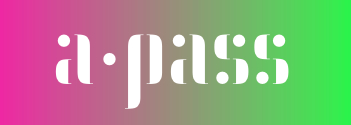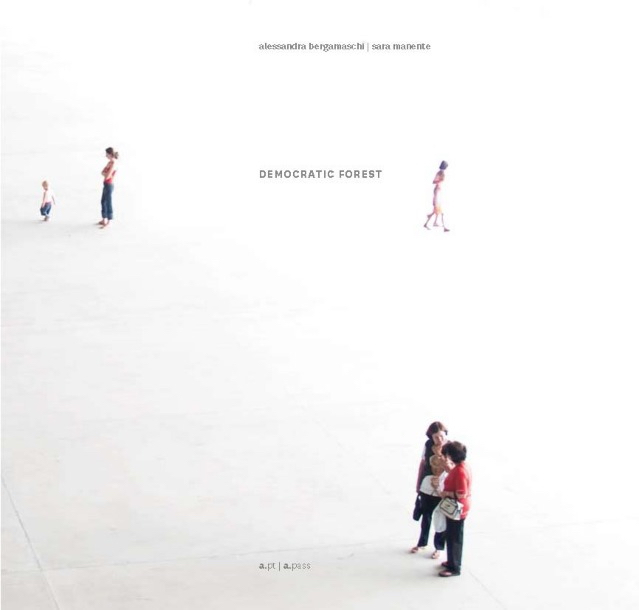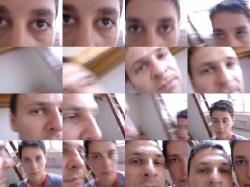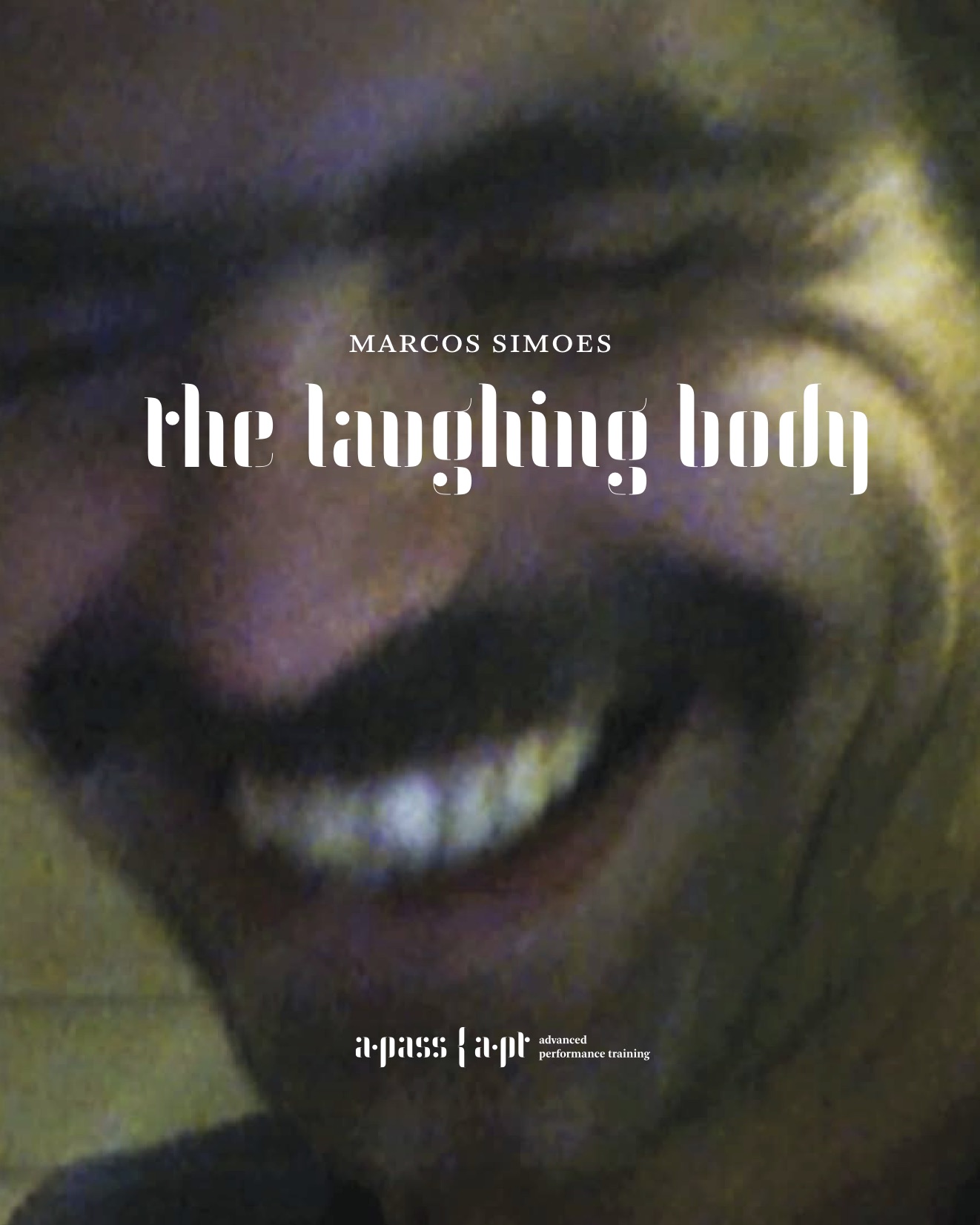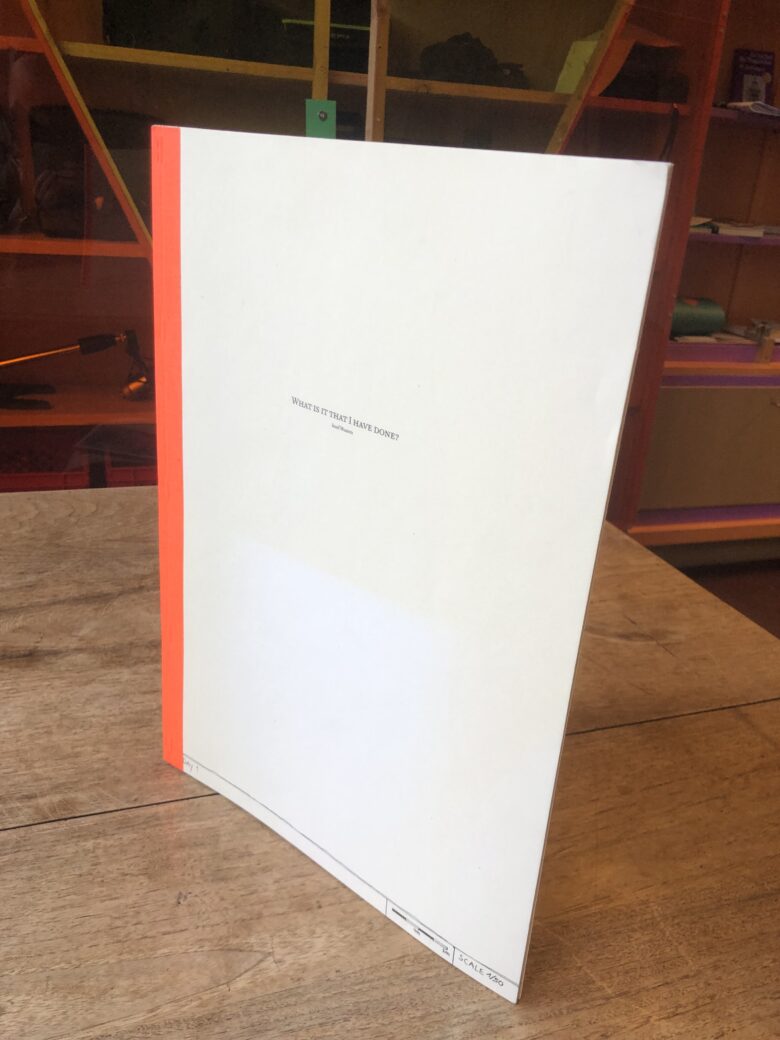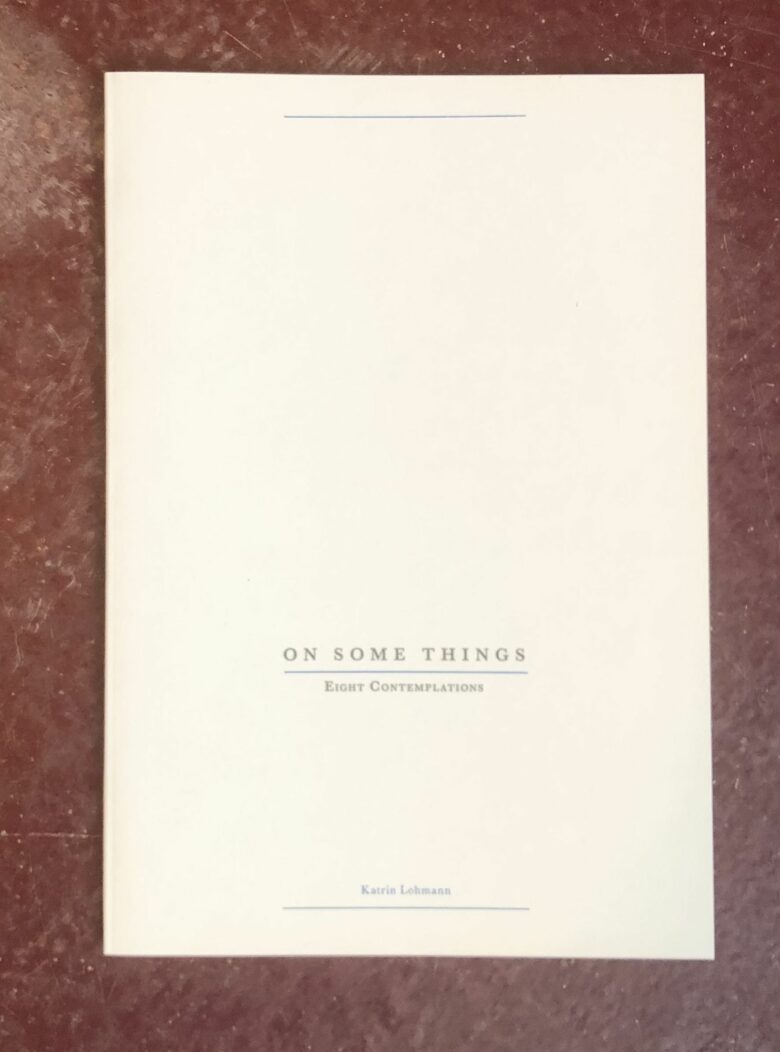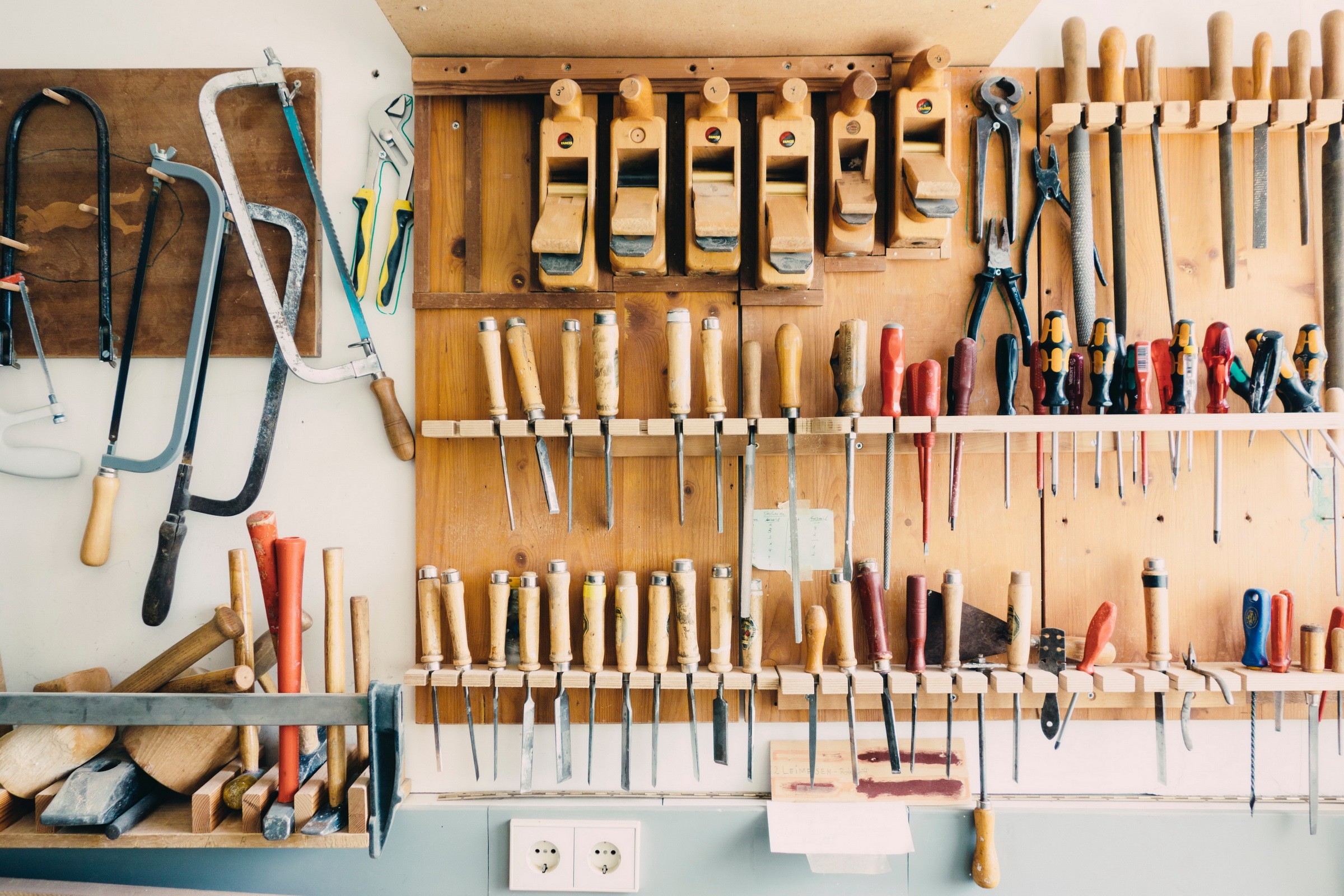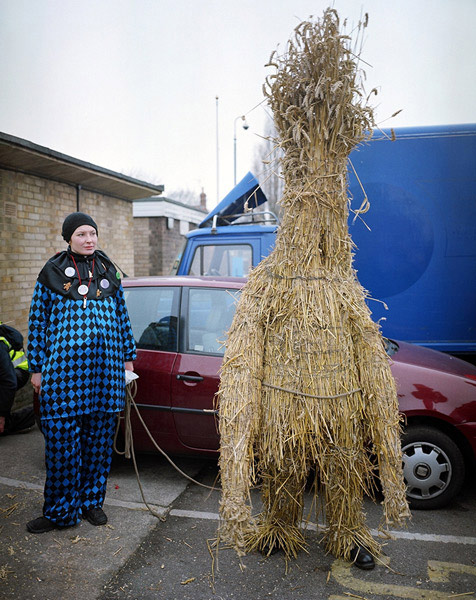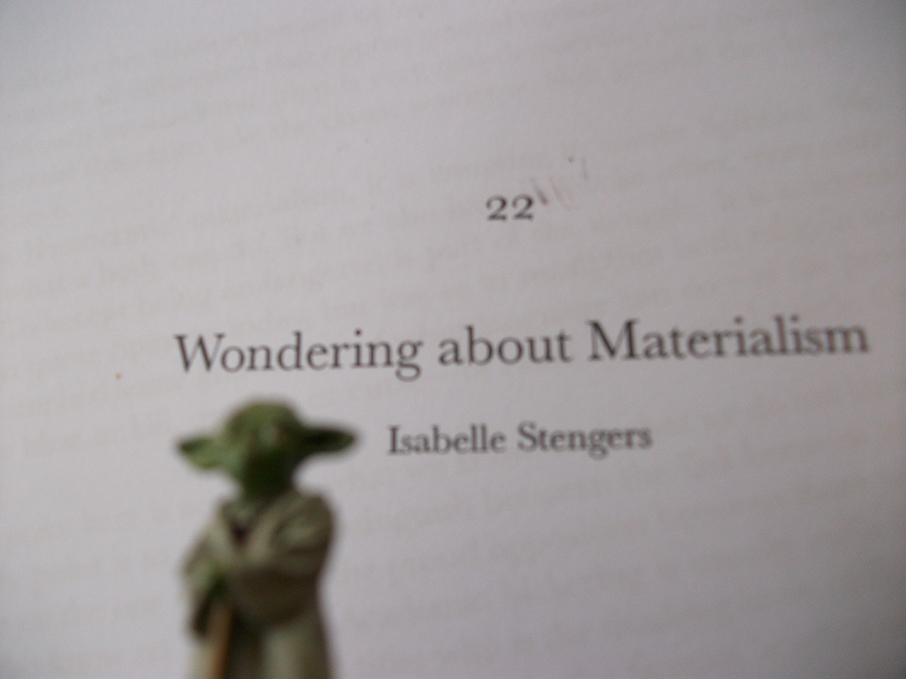postgraduate program, research center
2011 BLOCK I
1 January-31 March 2011
Researchers Participants in the Postgraduate Program
Abhilash Ningappa
Alessandra Coppola
Caroline Daish
David Zagari
Doris Stelzer
Esther Francis
Iris Bouche
Margareth Kaserer
Marilyne Grimmer
Michiel Reynaert
Philippe Severyns
Rodolphe Coster
Stephen Bain
Timothy Segers
Research End Presentations
Einat Tuchman
Katrin Lohmann
Sven Goyvaerts
Partners
Kaaitheater
Damaged Goods
RITS
Burning Ice festival.
Pact Zollverein
De Singel
PAF (Performance Art Forum, Reims, France)
Contributors for workshops
Adva Zakai
Anette Baldauf
Aras Ozgun
Christian Rizzo
International Errorist
Laurent Liefooghe
Leo De Nijs
Meg Stuart
Various Artists
Vladimir Miller
Coordinators a.pass
Bart Van den Eynde
Elke van Campenhout
Mentors
Laurent Liefooghe
Lilia Mestre
Pierre Rubio
Vincent Dunoyer
03-13 / 01 / 2011
‘A SETTLEMENT ON ALCHEMY, ALLIANCE , ANARCHY’
workspace by Vladimir Miller
The settlement is a model to engender and structure work, knowledge, events and encounters. In a shared space, the participants function as an open group where questions of territory, negotiation and hospitality in art production surface. Settlers build a station suitable for their own artistic research and, by doing so, enter in a growing and evolving network of objects, spaces, ideas and events. The settlement allows negotiating many gradations of participation and influence; it also provides different modes of engagement between inside and outside. A settler can leave, a visitor becomes a tourist, a frequent visitor can eventually settle in the space. The political questions inherent in claiming one’s own space, inviting or excluding the outside, the formation of groups and production of locality and culture, constantly question the concept of settlement itself. Between anarchy and the rule of majority the settlement praxis actively searches for a spatialized production of dis-agreement.
In the context of her two-week ‘Atelier’ in the Kaaistudios, Meg Stuart invited Vladimir Miller to localize his settlement in the dance studio. During these two weeks a.pass settlers and Atelier members will try to find moments of common ground, confronting the ideas and topics emerging in their respective territories.
17-21 / 01 / 2011
‘ERRORISTA’S’
workshop by a.pass in collaboration with Kaaitheater and RITS in the context of Burning Ice festival.
The International Errorist is an artistic and cultural movement whose nucleus is the Buenos Aires-based artist collective Etcétera… The Errorist is also the most recent iteration of Etcétera’s unique fusion of aggressive street theater, political critique, and direct-action protest, which is equally marked by the group’s formative militancy within Argentina’s human rights movement as it is the artists’ ardent fealty to surrealism. Since the group’s formation in 1997, Etcétera has produced a myriad of photo- and video-based works, poetic manifestoes, theatrical works, and interventionist performances. Few have been created specifically as artworks to be exhibited in traditional fine arts contexts or destined for the publics proper to such contexts. Rather, Etcétera…’s works most often begin as performances in the midst of political demonstrations, unannounced street actions that target unwitting passersby, or as images and texts crafted to circulate within the mass media and/or amidst publics associated with left social movements.
The International Errorist constitutes a critique of the contemporary discourse of terrorism, where this discourse is understood to be an instrument of statecraft. Etcétera…’s work explores terrorism as an ideological mediation whose function is not only political — as it bears upon interpretations of political violence, for example– but specifically biopolitical, as it concerns the calculus of the differential value of human lives and the state’s exercise of biopower over groups delineated according to this logic.
24-28 / 01 / 2011
‘EXPERIMENTAL ETHNOGRAPHY’
workshop by Anette Baldauf & Aras Ozgun
This workshop aims at discussing some of the basic notions and problematics of visual ethnography, contemporary experimental practices in this field, and the practical potentials of digital media technologies for ethnographic research purposes. Starting with a critical historical overview of visual ethnography, the workshop examines various aspects of the problem of representation in visual ethnography. Representation of non-western “others” in the colonialist representation regimes, the “realism” and the “truth-value” of visual representation in general will be a part of this discussion. Following this discussion we will focus on non-mainstream ethnographic approaches and experimental documentary film practices, including so-called fake documentaries, which reflect upon and cultivate this problem of representation itself, and seek to create alternative modes, regimes and techniques of visual representation. Finally, we aim to familiarize ourselves with some of the basic techniques of ethnographic fieldwork.
28-30 / 01 / 2011
’CURATING IN PERFORMING ARTS’
workshop by a.pass in collaboration with Pact Zollverein, Essen.
This workshop is organized over two weekends: one participating in the colloquium on curating organized by Pact Zollverein (Explorationen 11: Beyond Curating), and one discussing and proposing a new thinking about curating in the performing arts in deSingel.
The currently vibrantly beginning discussion about curating in dance and performance comes at a moment when, on the one hand, ever new courses of study in curating are being launched for visual art and, on the other hand, the shape of the curatorial profession, in its authorial intervention and its omnipresence in the art market, has everywhere become the focus of massive criticism – as it was in the 1970s.
At the same time, the entanglement of theory and practice has become ubiquitous, not least because of the transformation and revaluation of art colleges and art academies into universities. In what is currently happening in art, the art museum is testing the performative and processual exhibition, while the dance and performance house oriented toward performative arts is developing the live course or the “Musée de la danse”. In the field of dance, since the end of the 1990s, artists’ initiatives have been developing that introduce new artistic practices and criticize the existing organizational models (for example, from choreographs and performance artists like Xavier Le Roy, deufert + plischke, and Boris Charmatz). Substantively and structurally, organizers took up important impetuses from artists, whether in the form of a thorough interlocking of theory and practice or of the establishment of artist and co-curator teams, artistic laboratories, or residence programs.
31 / 01 – 04 / 02 / 2011
‘NEW-YORK’
workshop by Elke Van Campenhout & Bart Van den Eynde
In the context of the ‘New York festival’ organised by deSingel, a.pass organizes an intensive discussion workshop. We take a close look at the recent New York performance scene and analyze how pop esthetics, cinematographic editing principles en trans-medial dispositives influenced a specific language of theatre, dance and performance. Video material, texts and talks with the artists present in the festival will be the starting point of the conversations. possibly Natural Theatre of Oklohama will also add a more practical section to the workshop.
07 – 11 / 02 / 2011
‘BUREAU OF UNTITLED’ / EXERCISE IN COMMERCIAL ART’
workshop by Various Artists
Being a Various Artist is a series of interactive installations by Various Artists in which artists are invited to identify with one of Various Artists. The format is not so much about learning but it also produces new work of which the author is the Various Artist, at the same time remaining the property of the participating artists. The event that Nadine organizes in February is dealing with Various Artist Liam Drib.
Liam Drib, born in Liverpool 1961, well known for Mes Amis Belges, Cobalt Thoughts and his Evil Olive pub realisation, will be the centre artist of a new Being a Various Artist Workshop with an emphasis on commercial art and dazzling ideas.
To support this theme, Liam will organise a Bureau of Untitled (BoU) with the participants of the workshop.
The mission of BoU is to propose new ideas to artists that have a financial value on the art market, meaning their works can be traded. BoU is about making money with art paid by art money. The context of BoU at PAF is the arts lab Being Liam Drib.
The structure of BoU approaches the structure of a sports game, including 2 teams (one black on white and one white on black) and a referee (black and white). Initially an artist is proposed, voted and processed Ideas, fitted to the work of the chosen artist, are being generated at a continuous pace which will be stored in ascending price categories. The sealed ideas will be offered for sale to the artists on an international art fair in the near future.
07 – 12 / 02 / 2011
‘SENSITIVITY, SPACE, STAGE’
workshop by Laurent Liefooghe
Through texts and references this workshop wants to introduce some concepts and concrete examples of spaces and how these function as a ‘stage’. Simultaneously it will explore the idea of the ‘stage’ (the place of the performance) as an ideological space.
The workshop will use the work Theater-Cinema by Dan Graham as reference, a crystallization point around which we will try to examine concepts of performance spaces and the power mechanisms involved.
The ambition is not to give an exhaustive and historical overview, but rather through the reading of specific texts and trough concrete practices to explore a personal spatial sensitivity.
The Texts will touch upon diverse themes as: the ‘theatro del mondo’ (the ideas of the stage as a metaphor for the world / the world as a stage), the baroque urbanistic interventions of Pius X (the city as a theater), the black box as a monadic space,. etc.
The introduction of specific examples of spatial practices leads to concrete questions on the production of space. What does it mean to first conceive a space – to first ‘represent’ it -and then realize it? Through examples of existing practices different means and methods of representation in function of production are investigated.
14 – 19 / 02 / 2011
‘SPACE OVERLOAD’
workshop by Christian Rizzo
Christian Rizzo wants to use the projects of the a.pass participants as a basis for a research on the collective production of space. How to spatialize one’s own practice and by doing so create an environment for other practices. How to be present in silence. How can the group’s activity be the scenography for an individual practice and the other way around. How to deal with an overflow or with a lack of spatial information.
28 / 02 – 04 / 03 / 2011
“LOCATION”
workshop by Leo De Nijs
Location is a practical workshop in an enormous building with empty class rooms, a theatre space and offices that was once the location of a theatre training. As a start there will be an investigation into different ways of exploring the building and expressing the specificity of this/a location through different media. The question how to use a found space as a location will then be translated in the concrete realisation of an installation starting from the personal researches of the participants.
14 – 18 / 03 / 2011
‘THE ARCHIVE AS GENERATOR’
workshop by Adva Zakai
Which archive could generate the future rather than preserve the past?
Coming out of the experience of ‘d o m i n o k i n g d o m’ where each work lives on in the next because works are made as a reaction on previous ones, I am interested in delving more into the possibility of generating present and future out of a direct confrontation with past experiences: formats that make the past, present and future influence each other, can trigger a constant re-evaluation and challenge of our knowledge and perception.
Archiving, be it in the artistic, educational or any other field, is considered important because it ‘proves’ the (past) existence of a past events and thus enables them to continue to exist and to be (re)visited. But imagine an archive that is not trying to capture fixed ‘images’, that is not referential. An archive that is a living process that keeps modifying itself constantly, triggering new processes instead of being a mere documentation, always lost in the past.
How does an archive functions that is looking forwards instead of looking back?
This question will be explored through reading, discussion and guest lectures.
